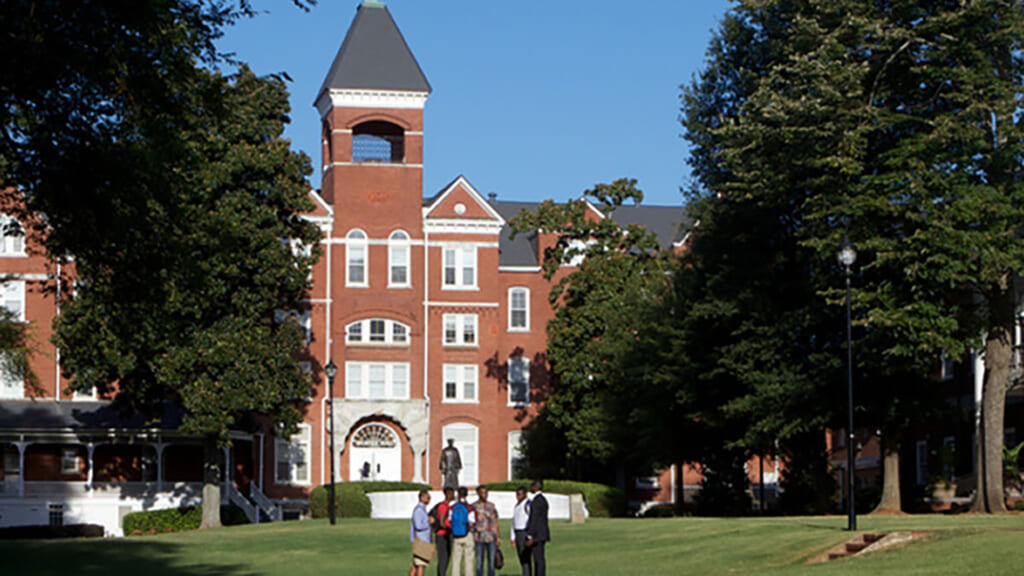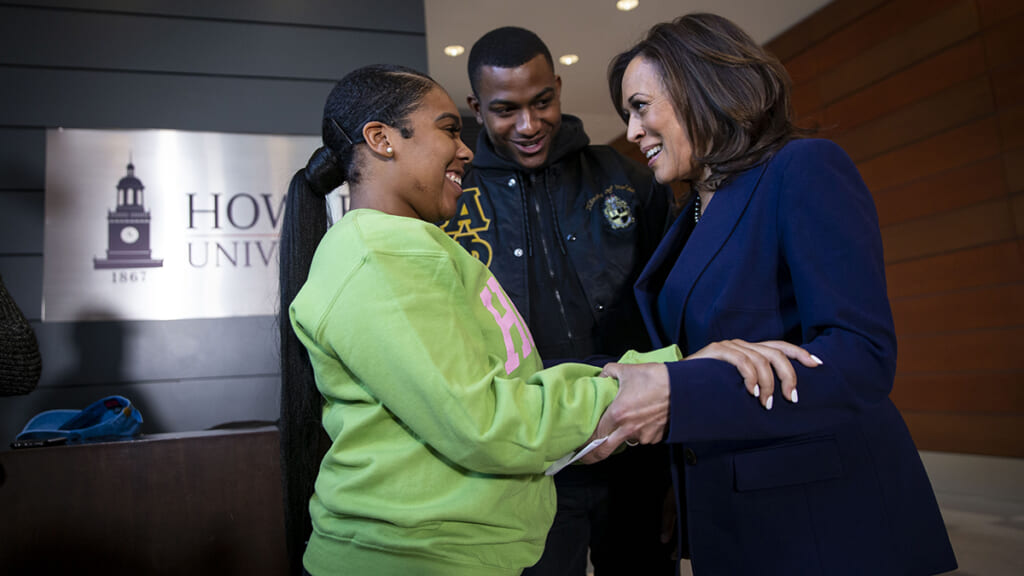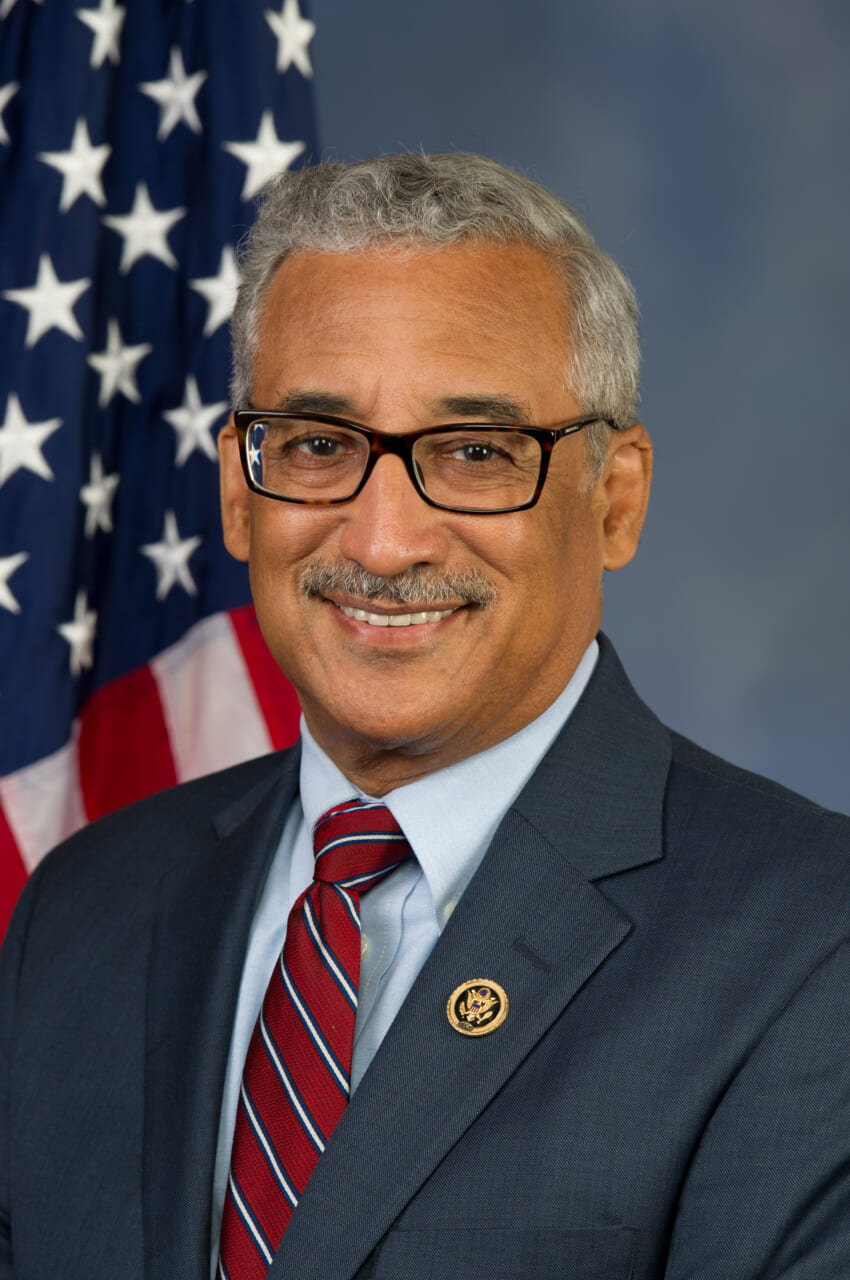Finally, HBCUs’ time has come: Biden’s ‘Build Back Better’ provides historic funding
OPINION: U.S. Congressman Bobby Scott touts Democrats' Build Back Better Act for its "transformational" impact on the nation's historically Black institutions
With razor-thin margins in the House and Senate, and a Republican Party intent on obstruction, Democrats in Congress have been forced to make hard choices in search of a final agreement that fulfills President Joe Biden’s agenda.
Amid these tough decisions and painful cuts, one proposal has beaten the odds.
Historically Black College and Universities (HBCUs), which have been neglected and underfunded for more than 150 years, are poised to receive a historic investment in the Build Back Better Act.

Our tradition of neglecting HBCUs dates back to the 1800s, when states opted to create separate universities for Black students rather than integrate their existing schools — and then starved Black institutions of funding. As recently as 2018, HBCUs received just 46 cents for every dollar in public funding and grants that go to other institutions of higher education.
Despite these injustices, HBCUs have endured and excelled. These institutions, which represent just 3% of all colleges and universities, have graduated 80% of Black judges, 70% of Black doctors, 50% of Black teachers, 40% of Black members of Congress, and the nation’s first Black vice president. HBCUs have proven they can do more with less. It’s past time to give them the funding they deserve.

Since I became Chairman of the Committee on Education and Labor in 2019, I have worked with my colleagues in Congress and in the White House to secure unprecedented levels of federal money for HBCUs.
Over the past two years, we’ve secured more than $6.5 billion for HBCUs, which is more federal funding than they received in the last 10 years combined. By any standard, the funding we’ve delivered to HBCUs has been a dramatic departure from history.
This includes nearly $1.6 billion in loan forgiveness for HBCUs, a move that United Negro College Fund President Michael Lomax called, “nothing short of transformational.”
On average, HBCUs received approximately $23,000 per student in federal funding, and most institutions received more federal support than they received in tuition. Public HBCUs received more federal support than they received from their states. At least 19 received over $100 million, and one received more than $300 million.
As a result, HBCUs were able to withstand the pandemic, provide their students with emergency aid to help meet their basic needs, and invest in their institutions. In fact, more than 20 institutions were able to erase many of their students’ debt. That support has already been enacted, and more is still to come.

As Congress finalizes negotiations over the Build Back Better Act, we are delivering for HBCUs again. Working with my colleagues in the House, Senate, and the Biden Administration, I am proud to report that the present version of the Build Back Better Act will secure more than $2 billion in additional direct aid specifically for HBCUs. And I continue to believe it should be more.
This funding can be used to address a wide range of needs – such as infrastructure upgrades, financial aid for students, and other improvements to overall campus services. This next round of federal support translates to an additional $7,000 per student in federal aid. In addition, the bill provides at least another $3 billion for HBCUs, Tribal Colleges and Universities, and Minority-Serving Institutions to build out their research capacity and related infrastructure via grant competitions for each category of school.
We know we cannot undo more than one hundred years of discrimination and neglect in just a few years, and we will have more opportunities this year to build on the investments we’ve already secured.
Thanks to the Biden Administration and Democrats in the House and Senate, and under my leadership, funding for HBCUS is finally on the right track.

Congressman Robert C. “Bobby” Scott was first elected to represent Virginia’s third congressional district in 1993 and currently serves as the Chairman of the House Committee on Education and Labor. A lifelong public servant, Congressman Scott has dedicated his life to improving equity in education, protecting and expanding access to affordable health care, and ensuring workers access to safe workplaces free from discrimination.
Have you subscribed to the Grio podcasts, ‘Dear Culture’ or Acting Up? Download our newest episodes now!
TheGrio is now on Apple TV, Amazon Fire, and Roku. Download theGrio today!



